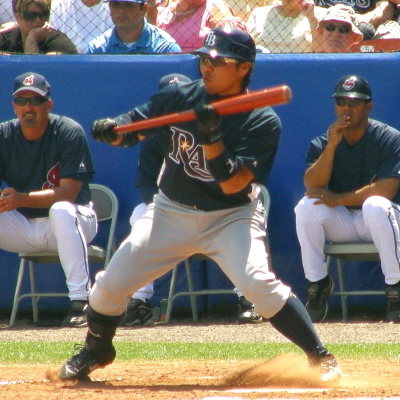 The question of cause has haunted science and philosophy from their earliest days, in part because humans are wired for pattern-matching and confirmation bias. For all our supposed rationality, we confuse coincidence with correlation and correlation with causality.
The question of cause has haunted science and philosophy from their earliest days, in part because humans are wired for pattern-matching and confirmation bias. For all our supposed rationality, we confuse coincidence with correlation and correlation with causality.
Consequently, scientists must carefully design and control their experiments to remove bias, circular reasoning, self-fulfilling prophecies and hidden variables. They must respect the requirements and limitations of their methods, draw from representative samples and not overstate their results. Sometimes, however, that’s easier said than done. Read on to hear about…



